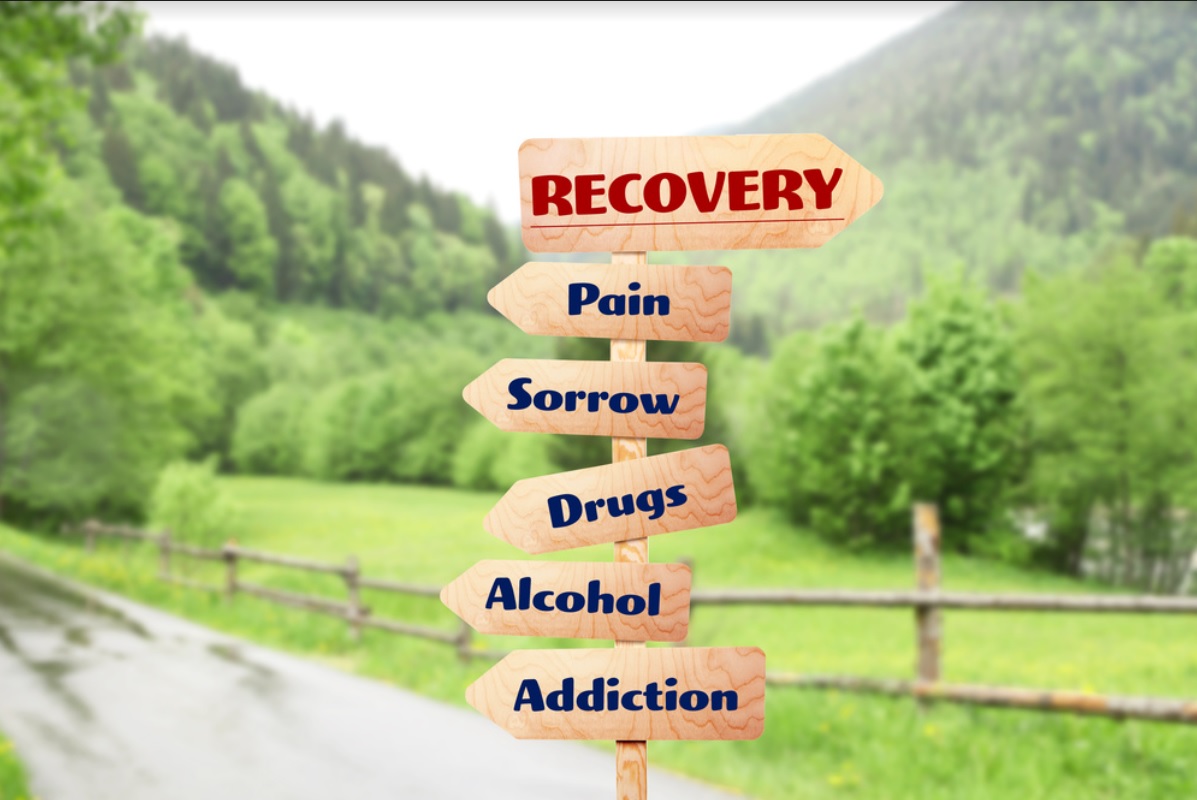Are you struggling with addiction? You are not alone. Addiction is a serious problem that affects millions of people around the world, but it can be overcome. With the right support and guidance, anyone can break free from their addiction and embark on a journey to a new life full of health and happiness. Here are the 6 steps to help you recover from addiction and make your way toward a healthier life.
1. Rehabilitation Center
The first step in recovering from addiction is to seek professional help. A rehabilitation center can provide you with the necessary tools and resources to begin your recovery journey. With the support of trained professionals, you will be able to develop healthier habits and create a better life for yourself. You can find an amazing rehabilitation centre in Bali, for example, if you live close. Also, if you need to be supported by your friends and family during this time, make sure to let them know that you’re struggling. It’s important to have a support system in place during this difficult time.
2. Develop a Recovery Plan
A recovery plan is a critical part of the journey to sobriety and wellness. It should include identifying triggers, developing coping skills, and maintaining accountability. Triggers are specific people, places, or things that make you want to consume the substance or engage in unhealthy behaviors. Identifying your triggers can help you anticipate them and develop strategies for avoiding them. Developing effective coping skills can help you manage difficult emotions without resorting to addictive behavior. Examples of coping skills include guided meditation and mindfulness exercises, physical exercise such as yoga or running, talking with supportive friends or family members, journaling your thoughts and feelings, listening to calming music, and getting out into nature.
3. Find Support
It is important to find friends, family, and a professional support system. Addiction is an isolating illness that can make you feel ashamed and alone. Having the support of trusted people who understand your situation can make all the difference in your recovery process. A professional addiction treatment program can help you create connections with other individuals going through similar journeys and provide structured guidance for lasting sobriety. It’s important to remember that you don’t have to go through this process alone.
4. Develop Coping Skills and Strategies
Developing coping skills and strategies is crucial for recovering from addiction. It’s important to learn how to cope with stress and difficult emotions in healthy ways so that you don’t turn back to using drugs or alcohol as a form of self-medication. This could include things like practicing mindfulness, engaging in positive self-talk, developing new hobbies, joining a support group, or seeking professional help. Taking care of yourself by eating well, exercising regularly, and getting enough sleep can also be beneficial in managing symptoms of withdrawal and preventing relapse.

5. Make Healthy Lifestyle Changes
Once you accept that your addiction has been a problem, it is important to make changes that will help you stay away from the substances and behaviors of abuse. This means making health-promoting lifestyle changes such as eating nutritious meals, exercising regularly, getting enough sleep, and finding ways to reduce stress in healthy ways. Additionally, surrounding yourself with positive influences who support your efforts toward sobriety will help promote your overall well-being. By taking small steps towards healthier habits, you can create lasting change and cultivate a new way of life for yourself.
6. Stay Committed
Once you have made the decision to break your addiction, it’s important that you stay committed to it. You likely won’t be fully recovered from your addiction overnight, and having an attitude of commitment can help you maintain a positive outlook and keep working towards reaching your goals in recovery. Utilize support systems such as family, friends, and/or professional organizations to help motivate you on your journey. It’s ok if things feel like they are taking longer than expected or if there are moments when it feels overwhelming – remember that this is a process and takes time. Keeping yourself focused on the end goal can help you remain committed even during challenging times.
Conclusion
Recovering from addiction is a lifelong process that requires hard work and dedication. By understanding the steps to recovery and making specific lifestyle changes, you can start down the path to lasting sobriety. It’s important to remember that you don’t have to do this alone – there are many support systems available to help you along the way. With commitment and determination, you can reclaim your life and live a healthier, happier future.
